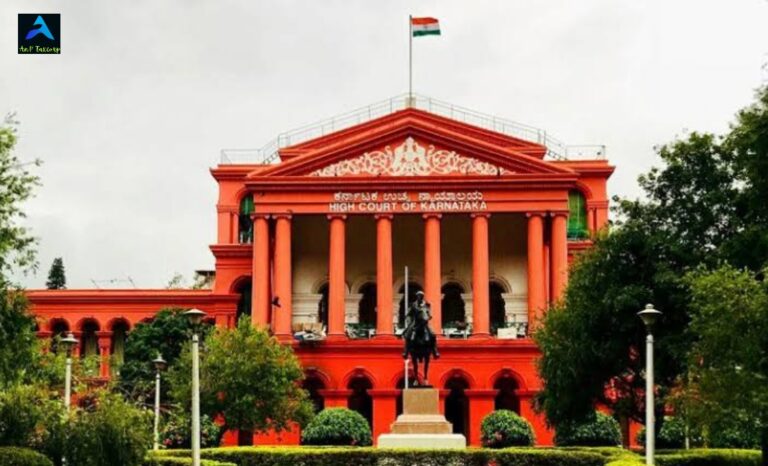In a significant ruling, the Karnataka High Court clarified that short payment of GST by a government contractor, due to non-receipt of the GST component from the Public Works Department (PWD), cannot be construed as suppression of facts or fraudulent intent. The Court held that such genuine shortfall, where the taxpayer has fully disclosed the transactions in GST returns, must be dealt with under Section 73 of the CGST Act—which pertains to tax short-paid without fraud or suppression—not under Section 74, which involves stringent penalties for deliberate evasion. This judgment offers critical relief to government contractors and sets a precedent for distinguishing between inadvertent non-payment and willful default.
🏛️ Case Summary: Shri Basavaraj v. Sajjan & Ors. (Karnataka HC, 2025)
Citation: 2025 (7) TMI 545 – Karnataka High Court
🔍 Facts of the Case
- The petitioner, a government contractor, rendered works contract services to the Public Works Department (PWD).
- The recipient (PWD) paid only a portion of the GST through the contractor.
- Consequently, the contractor filed GST returns declaring the full liability but paid only the amount remitted by PWD.
- GST returns were not accepted, and the department initiated recovery proceedings under Section 74 (fraud/ suppression-based determination).
⚖️ Legal Issue
Whether short payment of GST due to non-receipt of the GST portion from PWD, without intent to evade tax and with full disclosure of services, justifies invocation of Section 74, or merits treatment under Section 73 (non-fraud, simple short payment)?
🧩 Court’s Analysis & Ruling
- Scope of Section 74: Triggered only when fraud, willful misstatement, or suppression of facts is present.
- Section 73 applies: For tax not paid or short paid without fraudulent intent.
- Full disclosure: The petitioner had transparently declared his outward supplies to GST and Income‑Tax authorities; no concealment was involved.
- Genuine shortfall: The reason for short payment was that PWD remitted less GST—not due to any evasion by the petitioner.
- The court ordered that the impugned recovery order under Section 74
be re-classified as an order under Section 73 and quashed accordingly. - Disposition: Since the petitioner had already deposited the amount under Section 73, the writ petition was disposed of in his favor.
✍️ Practical Insights
| Principle | Key Takeaways |
|---|---|
| Section 73 vs 74 | Always check whether misclassification under Section 74 is valid — it demands intent/fraud. |
| Disclosure matters | Transparent filing of outward supplies helps negate allegations of suppression. |
| Prompt rectification | Short payments due to recipient short‑remittance can often be cured via Section 73, minimizing penalties. |
| Challenge mis-invocations | Taxpayers should scrutinize department orders for correct invocation; mis‑classified proceedings can significantly increase penalty exposure. |
✅ Key Points
- Case name & citation – Shri Basavaraj v. Sajjan & Ors., 2025 (7) TMI 545 (Karnataka HC).
- Context – Works contract to PWD, short payment due to partial remittance by recipient.
- Departmental stance – Proceeded under Section 74 alleging suppression.
- Court’s holding – No fraud or willful misstatement → Section 73 applies, not Section 74.
- Outcome – Re‑classification, quashing of the Section 74 order, petition disposed.
-
Takeaways – Importance of correct statutory invocation, prompt compliance, and protecting against inflated penalty risk.
